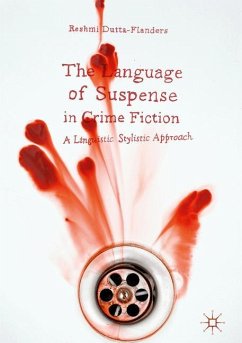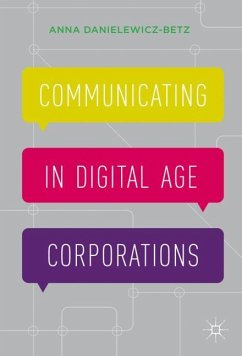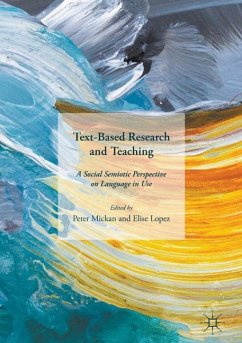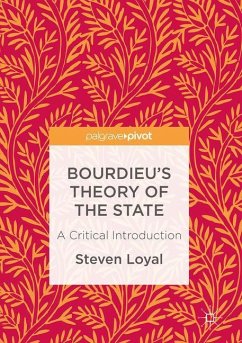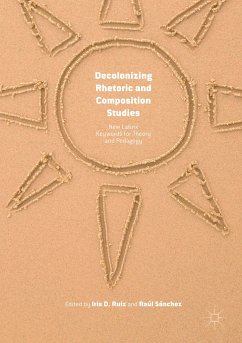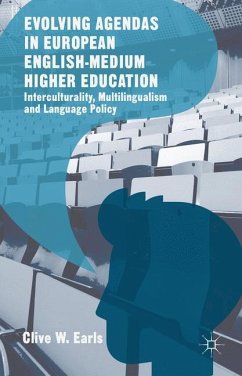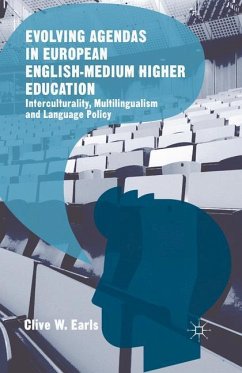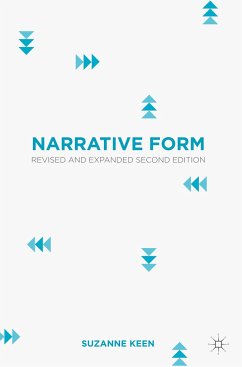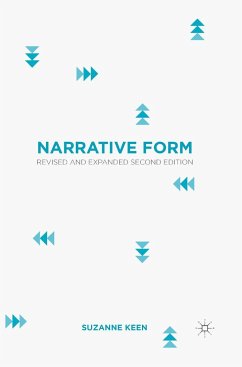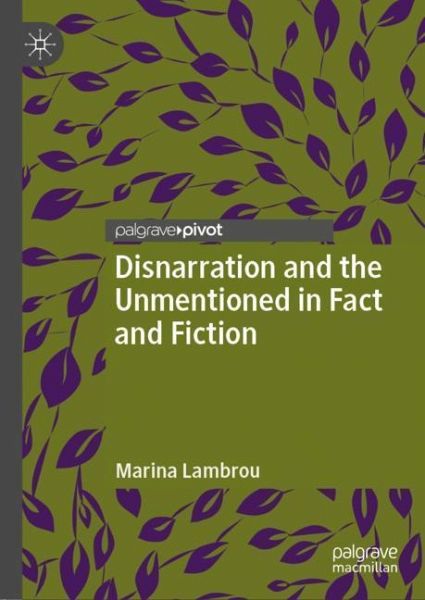
Disnarration and the Unmentioned in Fact and Fiction
Versandkostenfrei!
Versandfertig in 6-10 Tagen
38,99 €
inkl. MwSt.

PAYBACK Punkte
19 °P sammeln!
In this book Marina Lambrou explores the dimension of narrative storytelling described as 'the disnarrated' - events that do not happen but which are referred to - across three genres of texts: personal narratives; news stories; and fiction (literary and film). The book begins by asking why such disnarrated narratives are nevertheless considered tellable. It moves on to examine the pervasiveness of this phenomenon in news reports about "near misses" and the shared personal narratives about dangerous experiences, where "truth" is expected to be central their telling. It further discusses how di...
In this book Marina Lambrou explores the dimension of narrative storytelling described as 'the disnarrated' - events that do not happen but which are referred to - across three genres of texts: personal narratives; news stories; and fiction (literary and film). The book begins by asking why such disnarrated narratives are nevertheless considered tellable. It moves on to examine the pervasiveness of this phenomenon in news reports about "near misses" and the shared personal narratives about dangerous experiences, where "truth" is expected to be central their telling. It further discusses how disnarration is generated in counterfactual "what if?" scenarios in fiction where characters follow alternative, forked paths with fascinating unexpected consequences. This engaging work offers original insights to anyone interested in storytelling and will appeal in particular to scholars of language and literature, stylistics, narratology, media, film and journalism.



